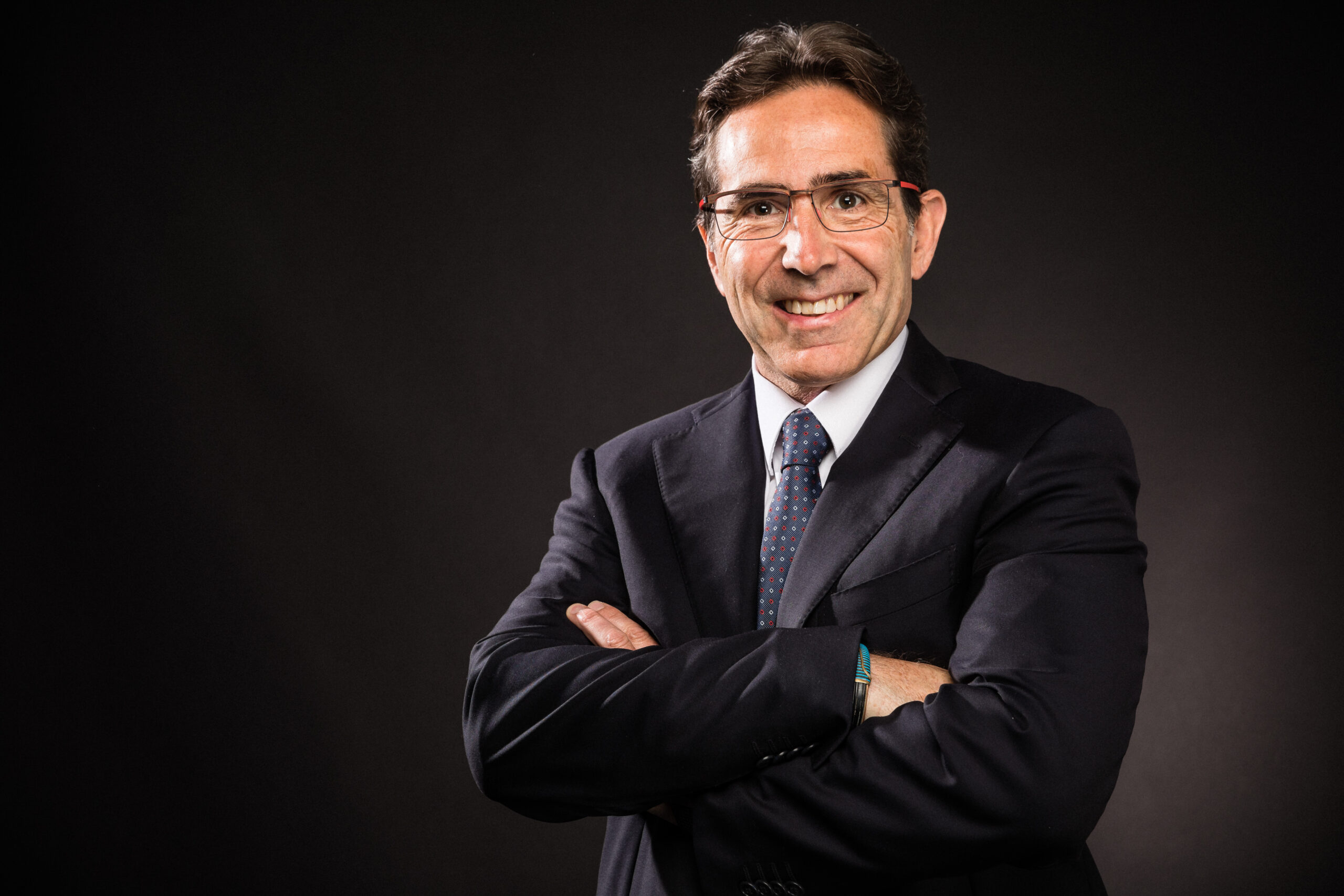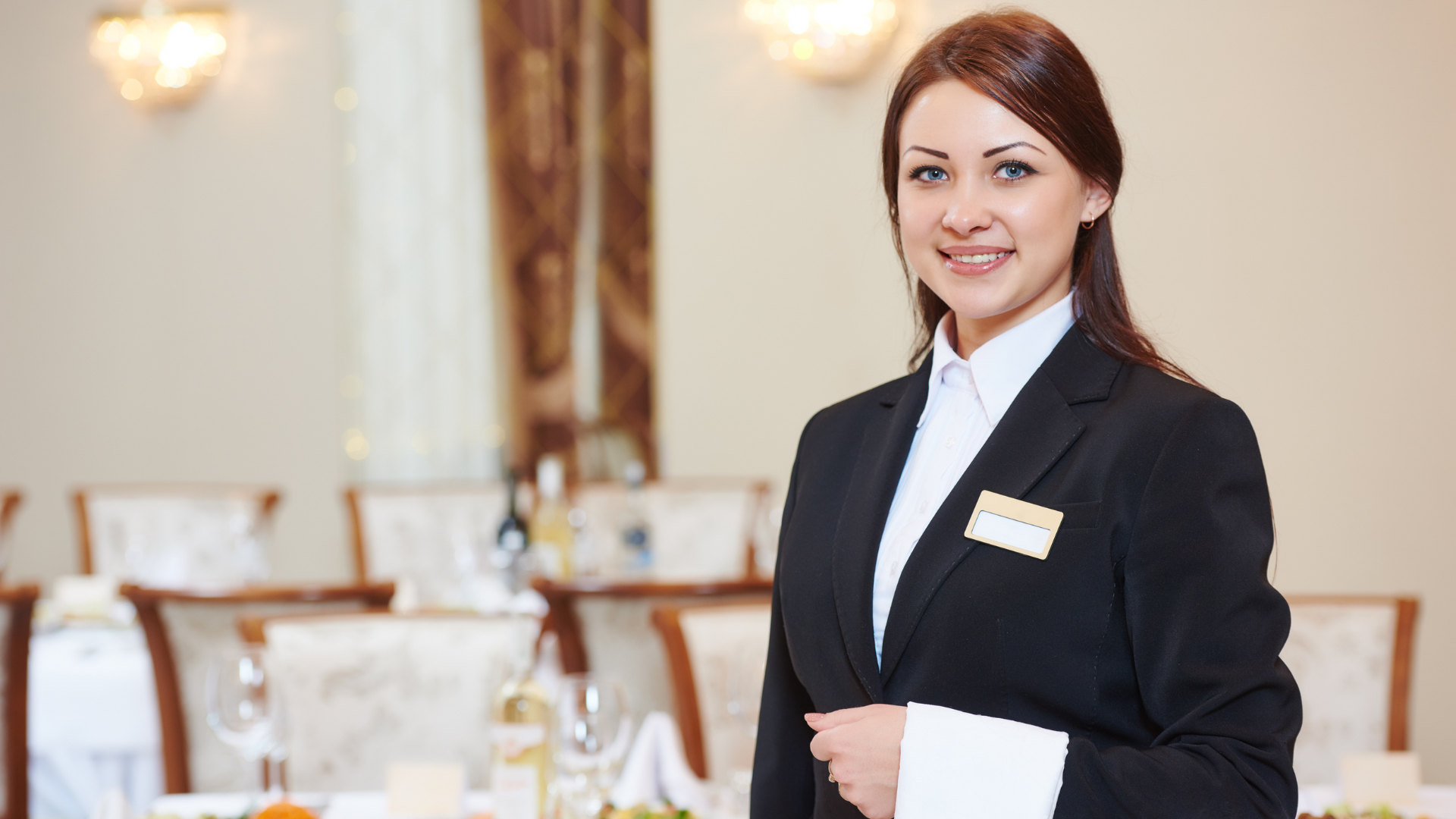What if schools became incubators for micro-entrepreneurs in tourism?
The tourism sector is changing. It's becoming more agile, more local, and more experiential. Large organizations now coexist with a multitude of individual initiatives: independent guides, alternative accommodation providers, experience creators, sustainable tourism consultants, content producers, event organizers, and more.
These profiles have one thing in common: they are micro-entrepreneurs. And they are redefining the contours of a more creative, more engaged, and more personalized tourism.
The question that arises is simple: Do tourism schools train for this reality? What if, tomorrow, they became true project incubators, preparing their students not only to join a company... but also to start one?
Tourism, fertile ground for agile entrepreneurship

In the tourism industry, it's no longer necessary to own a hotel chain to start a business. Today, you can:
- launch a thematic tour in your village,
- créer un studio de contenus pour valoriser les territoires,
- imagine a food tour concept,
- develop a slow travel or inclusive tourism offer.
Digital technology, collaborative platforms, and new traveler expectations are paving the way for agile, innovative, and accessible models, driven by individual entrepreneurs or small groups.
This "new tourism" is based on ideas, passion, common sense... and a true understanding of the local area. In other words: everything a good tourism school can impart.
Becoming an actor, not just a candidate

Training for employability remains essential. But in a constantly changing world, students need an entrepreneurial mindset, whether they want to start their own business or not.
Initiative, autonomy, the ability to test, pivot, and propose innovative solutions have become key skills, including in large groups, which expect a proactive stance from their employees.
Giving students the means to think like entrepreneurs also means offering them greater freedom of direction, increased confidence, and the ability to create opportunities for themselves... instead of waiting for them.
What could an incubator school be?

A tourism school that acts as an incubator doesn't transform all of its students into business leaders. It simply creates an environment conducive to the blossoming of new initiatives.
Concretely, this involves:
- Project creation modules anchored in the reality of the sector
- The intervention of tourism entrepreneurs, who came to share their experiences
- Workshops on statutes, economic models, financing
- Territorial labs where students co-construct offers with local stakeholders
- Individual support for student project leaders
The result: some take the plunge. Others regain confidence. And all leave with useful tools to help them project themselves as agents of change.
The THTS approach: combining groundedness and a spirit of initiative

At THTS, we believe that the hospitality of tomorrow is not only built in large groups, but also in local projects, new ideas, and individual adventures.
This is why we support our students in their ability to undertake, in the broad sense: to dare, innovate, build, unite.
Our schools are based on:
- concrete projects with local stakeholders,
- partnerships with innovative structures,
- a pedagogy through action,
- and a network of experts mobilized to transmit more than knowledge: entrepreneurial energy.
What if tomorrow, a tourism school student could land an internship in a luxury hotel... and test their micro-business idea at the same time? What if school became the springboard for a new generation of hybrid professionals: simultaneously employable and entrepreneurial, employees and bearers of meaning, actors and creators?
The tourism of tomorrow will also be made up of these profiles. It's up to us, as schools, to give them the tools to dare to take the plunge.
Other publications


L’hôtellerie de luxe à Paris : les secrets d’un palace selon Guillaume Ranvier
L’hôtellerie de luxe à Paris : les secrets d’un palace selon Guillaume Ranvier Dans le cadre de THTS – Top

Richard Ginioux, Directeur d’Excelia Hotel & Tourism School et Président de THTS
Richard Ginioux, Directeur d’Excelia Hotel & Tourism School et Président de THTS Aujourd’hui, on met en lumière une figure qui

Alternance, stage ou expatriation : quelle expérience est la plus valorisée par les recruteurs du secteur ?
Alternance, stage ou expatriation : quelle expérience est la plus valorisée par les recruteurs du secteur ? Trois formats, une
